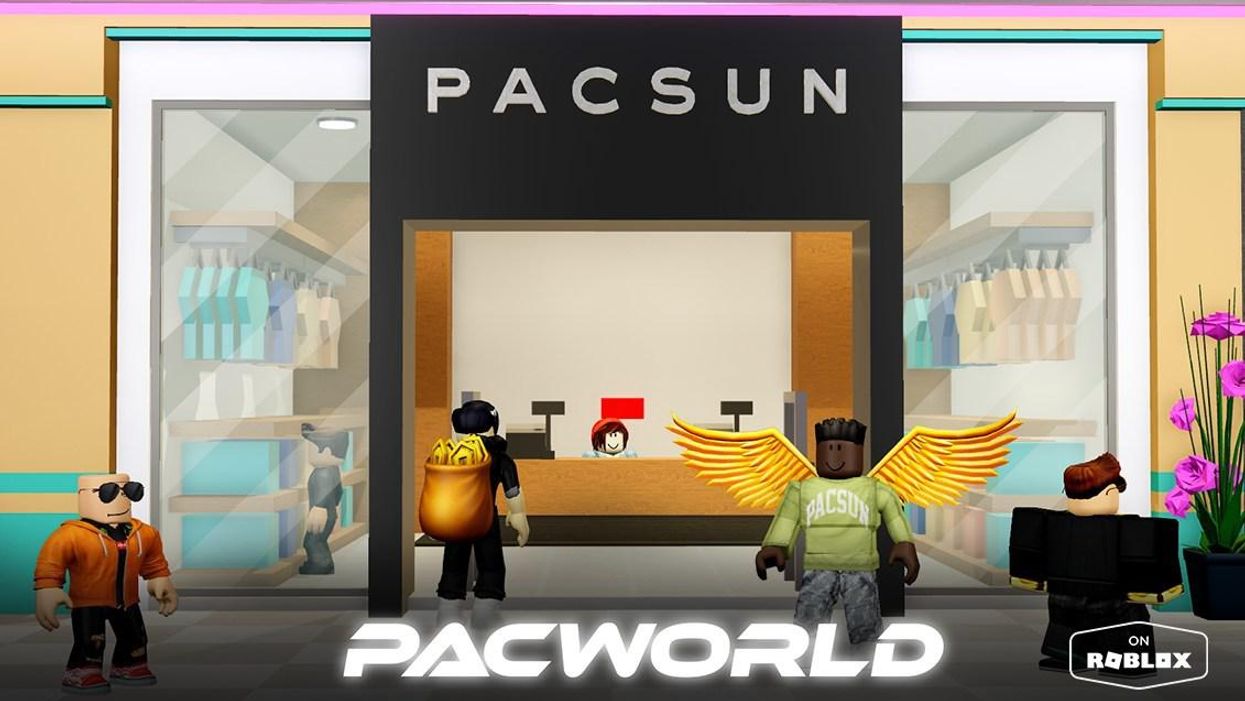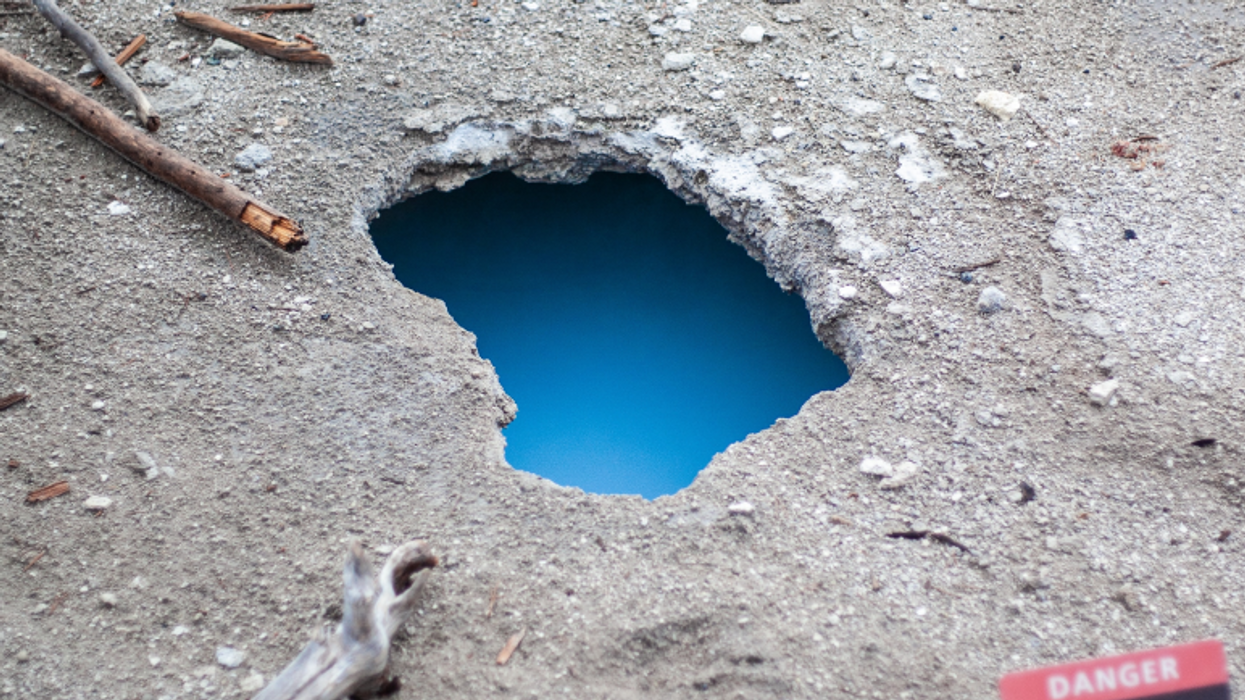PacSun built a reputation as a staple of the mall. Now, the youth-focused apparel retailer is bringing a mall to the metaverse.
PacSun on Thursday is launching a fantasy mall experience on the gaming platform Roblox. Called PACWORLD, the experience allows players to build a mall within the platform where they share, market and sell goods. They’ll have the keys to create or remove shops, and make upgrades to those that do well. They can also decorate and take other steps to market the mall. Plus, they can invite friends.
It’s one of the ambitious initiatives to emerge over the last year that shows how retailers are seeking to forge a presence in the metaverse, which is a fledgling framework for interaction across physical and virtual worlds which is characterized by immersive digital experiences, economic tools such as currency and social interaction. While virtual reality headsets often come to mind when it comes to entry points for this space, gaming platforms such as Roblox, which allows users to build and play games with each other, are also gateways to the metaverse.
PACWORLD comes at a time that interest in the metaverse is rising. According to data released in December by National Research Group, two-in-three consumers are excited about the metaverse, while 46% of consumers say they intend to spend more time in the metaverse in the future. Eager to reach consumers where they are interesting in spending time, brands and retailers have been exploring the area. According to Forrester, 76% of B2C brand executives plan to invest in metaverse-related activities this year. The first-ever Metaverse Fashion Week was held earlier in March. Brands like American Eagle and Nike both recently launched marketing campaigns in Roblox, while Wendy's launched a virtual restaurant on Meta's platform.
PacSun's moves show a role for shopping. The company has been laying the groundwork for its metaverse presence over the last year. At ShopTalk this week, PacSun President Brieane Olson said the LA-based company was keen to enter the metaverse because of its focus on youth consumers. Seeing that many in Gen Z were already in the metaverse via gaming, the company partnered with Roblox to create a virtual plain on which to meet its audience, and forged a partnership with game development studio MELON to design them. It also began accepting cryptocurrency in October 2021, ensuring that payment can be accepted in this space, as well.
Virtual products followed. PacSun has released a series of nonfungible tokens (NFTs), which are digital tokens stored on a blockchain that can be stored and traded. The first was designed around its logo. A series dubbed Pac Mall Rats followed in January, and it dropped a second series of Pac Mall Rats along with the launch of PACWORLD on Thursday.

A look at the first Pac Mall Rats drop. (Image via PacSun)
PacSun offered a brand T-shirt and tie-dye sweatpants for Roblox users to sport on their avatars. It also offered "fantasy" items that users could add, including gold-tipped wings. These proved to be the most popular of all of its offerings.
It shows how the metaverse offers an opportunity for brands to explore beyond the products they offer in the physical world.
“The consumer is really looking for that sense of imagination, creativity and the ability to transform their identity,” Olson said.
PACWORLD is designed to bridge that reality and fantasy as Roblox users create a new mall. Players start at a sunny beach. Then, they choose a plot of land and can bring their own style to a mall they build within Roblox. Users also earn virtual income. Adding a social element, they can visit each other to compare malls.
With PACWORLD, players can sell the virtual goods released by PacSun, and the company plans to expand these offerings by releasing more goods in the near future.
When it comes to commerce, it's important to note here that players aren't just shopping for virtual goods. They are creating the virtual space in which the goods are sold. This can also foster an environment where brands are building alongside users, Olson said, as players create their own goods.
It's a new plain on which brands can become influential in fashion. By allowing players to open their own stores, the metaverse presence can also create a space where ideas for products come from users. PacSun is already seeing emulation of product, and Olson sees duplicating of items as a positive. Quoting the iconic fashion designer Virgil Abloh, Olson said the fact that a brand is being copied shows it has affinity with its audience. It presents a space where a brand’s community is driving growth.
“Arguably, some of the product that we see in terms of product emulation is stronger than what we put out in the first place,” she said. “Crowdsourcing both virtual product and physical product is the way of the future.”
Building in the metaverse also means a new role for a company's team. As it works to build more products and experiences, Olson said PacSun is seeking to integrate its metaverse focus across the company. There’s not a single department dedicated to it, but rather an approach in which executives across all departments are taking a role. More hiring focused on digital design talent is likely to come.
As for the PacSun team, the company also has a presence. It is holding cross-functional meetings in the metaverse monthly, Olson said.
Related Articles Around the Web













